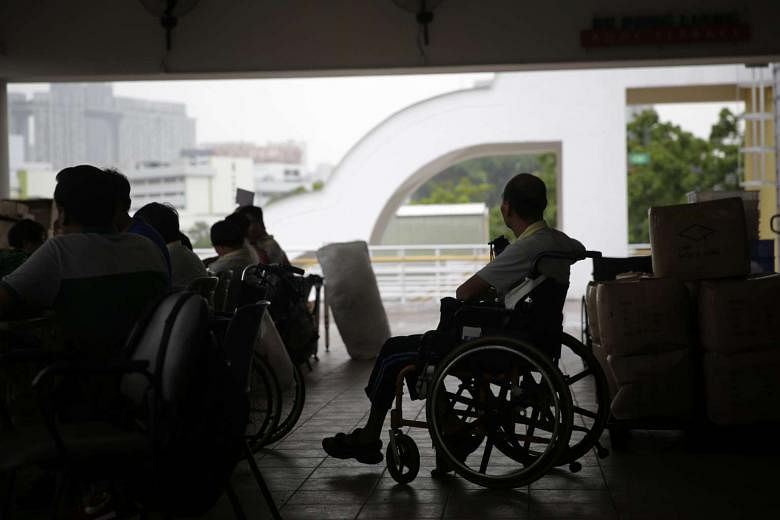Changes to the Mental Capacity Act that came into force on Monday will impact not only older Singaporeans but also everyone else.
Out of the adult resident population of three million, only about 0.7 per cent, or 20,000 people, have applied for a Lasting Power of Attorney (LPA) since the scheme started in 2010 under the Act.
An LPA allows individuals to nominate "donees" to make decisions on their behalf, if and when they are unable to do so.
However, for one reason or another - such as the wrong assumption that the spouse or children will be able to make decisions when the time comes - most people do not apply for an LPA.
So when mental capacity is impaired by an illness or an accident, such decisions will end up going before a law court.
The court may then appoint a deputy - usually a family member - to make decisions for the mentally incapacitated.
However, the rising number of singles and elderly people who live alone or are childless means many people have no one to rely on to be their proxy decision-makers.
So it is significant that changes to the Act will enable professionals such as lawyers or social workers to step in to make those decisions.
Even those with family members now have the option of paying professionals to be their donees.
They may prefer this if they have complex instructions about their care and assets; or if they want to prevent heated disagreements among their loved ones.
Another key change to the Act allows the court to step in earlier if those appointed as proxy decision-makers present a risk of abusing their powers.
This will prevent more vulnerable elderly with sizeable assets from being exploited as Singapore society ages and grows in affluence.
So while the changes in law affect all of us, they also ensure that the most invisible members of our society have a voice and that, with safeguards in place, that voice is legitimate.


